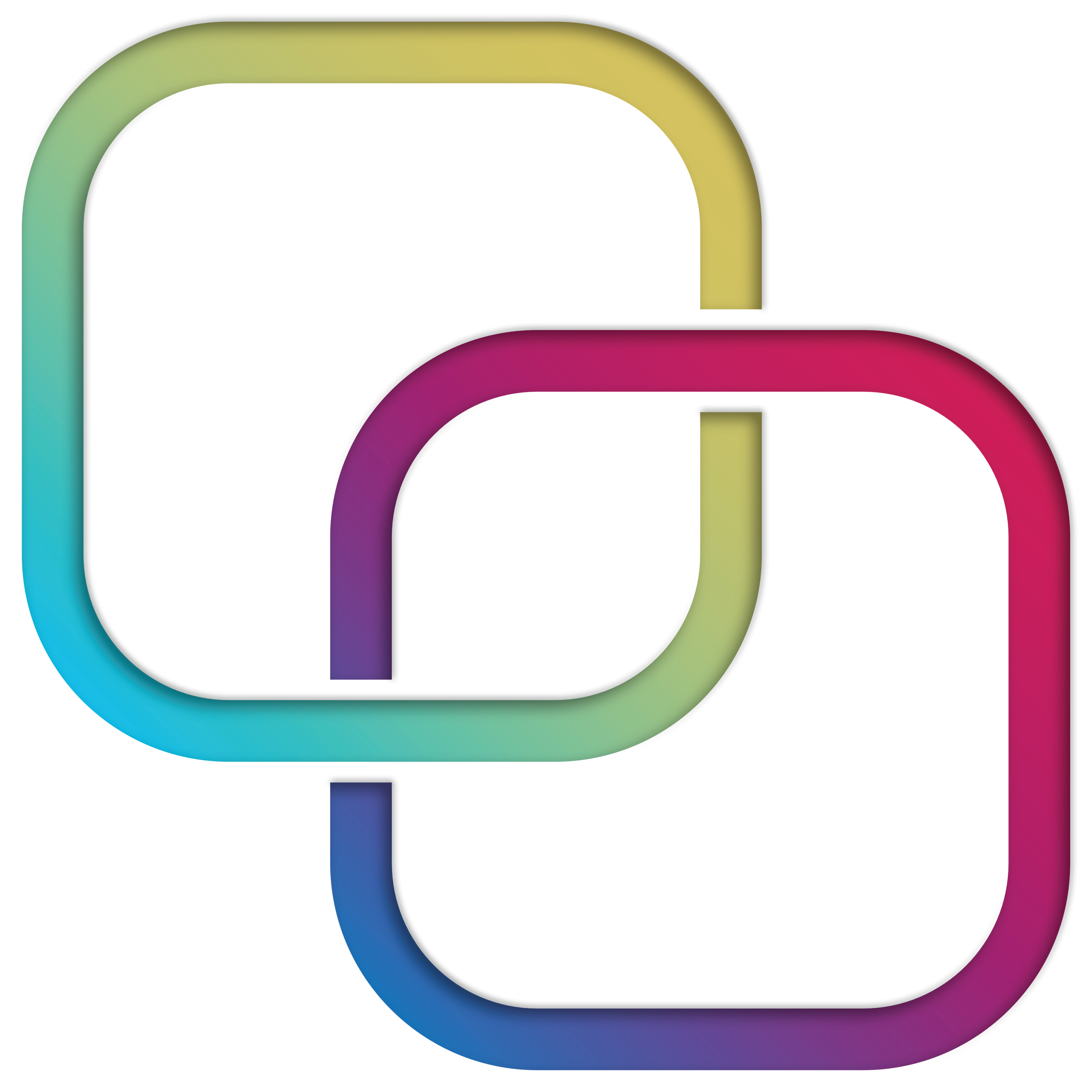


Radial Nerve Injury Treatment in Dubai at Emirates Hospitals Group. The radial nerve is a major nerve in the arm that originates from the neck and runs down the back of the arm to the hand. It supplies motor function and sensation to many muscles in the arm, forearm, and hand.
An injury to the radial nerve can cause a range of symptoms, depending on the location and severity of the injury. At Emirates Hospitals Group, we are proud to have the best hand and wrist surgeons in Dubai, specializing in the comprehensive diagnosis and treatment of radial nerve injuries.
- Symptoms & Causes
- Treatment

Symptoms of Radial Nerve Injury
Pain: Pain in the arm or hand, especially near the elbow or wrist, is a common symptom of radial nerve injury.
Weakness: Weakness or difficulty moving the wrist, hand, or fingers may be a sign of radial nerve injury. This can affect fine motor tasks like grasping objects or typing.
Numbness: Numbness or tingling in the arm or hand is a common symptom of radial nerve injury. This may be felt in the back of the hand or fingers.
Wrist Drop: This is a common symptom in which the wrist is unable to extend and the hand hangs limp. This can make it difficult to grasp objects and perform certain tasks.
Loss of Sensation: Damage to the radial nerve can cause loss of sensation in the arm and hand. This may be felt as a loss of touch or a tingling sensation.
Muscle Atrophy: In severe cases of radial nerve injury, the muscles in the arm or hand may begin to waste away, leading to a visible loss of muscle mass.
Common Causes of Radial Nerve Injury
Common causes of radial nerve injuries include trauma, repetitive stress, and pressure on the nerve.
Here are some types of radial nerve injuries:
Radial Nerve Entrapment: This occurs when the nerve is compressed or pinched, causing pain, numbness, and weakness in the arm and hand. The most common location for this injury is the radial tunnel, which is located near the elbow.
Radial Nerve laceration: This is a severe injury that occurs when the nerve is cut or severed. This can happen as a result of a deep cut, trauma, or surgery. Symptoms may include loss of sensation and motor function in the arm and hand.
Radial Nerve Palsy: This is a condition in which the radial nerve is damaged, causing weakness or paralysis of the muscles in the arm and hand. This can happen as a result of trauma, compression, or other causes.
Wrist Drop: This is a common symptom of radial nerve injuries, in which the wrist is unable to extend and the hand hangs limp. This can make it difficult to grasp objects and perform certain tasks.

Treatment of Radial Nerve Injury
The treatment for radial nerve injuries depends on the severity and location of the injury. In some cases, the injury may heal on its own over time with rest and proper care. However, more severe injuries may require medical intervention to restore nerve function.
Here are some common treatments for radial nerve injuries:
Rest: Resting the affected arm and avoiding activities that aggravate the injury can help reduce pain and inflammation.
Physical therapy: A physical therapist can help you regain strength and range of motion in the affected arm through exercises and stretches.
Medications: Over-the-counter pain relievers or prescription medications may be prescribed to reduce pain and inflammation.
Splinting: Wearing a splint or brace can help support the affected arm and prevent further injury.
Surgery: In severe cases of radial nerve injury, surgery may be necessary to repair or replace the damaged nerve.
Nerve Gliding Exercises: These exercises can help prevent nerve entrapment and promote healing.
Occupational Therapy: An occupational therapist can help you learn new techniques and strategies to perform daily tasks despite the limitations of the injury.
Frequently Asked Questions
Radial nerve injury can be caused by trauma (such as fractures or dislocations), compression (from swelling or tumors), repetitive strain, or underlying medical conditions that affect nerve function.
Symptoms may include wrist drop (inability to lift the wrist), weakness in hand and arm muscles, numbness or tingling in the arm, and difficulty performing tasks that require hand coordination.
Diagnosis typically involves a physical examination, patient history, and diagnostic tests such as electromyography (EMG) and nerve conduction studies to assess nerve function and locate the site of injury.
Non-surgical treatments include physical therapy to improve function, medications to manage pain and inflammation, and splinting to immobilize the affected area and support healing.
Surgery is considered when there is significant nerve damage, persistent symptoms despite conservative treatments, or compression that cannot be relieved through non-surgical means. Surgical options include nerve repair, nerve grafting, and decompression surgery.
Request an appointment
Please complete the details and we will book you shortly.
Request an appointment
Please complete the details and we will book you shortly.
